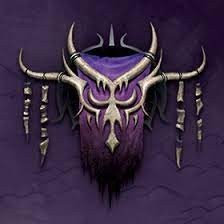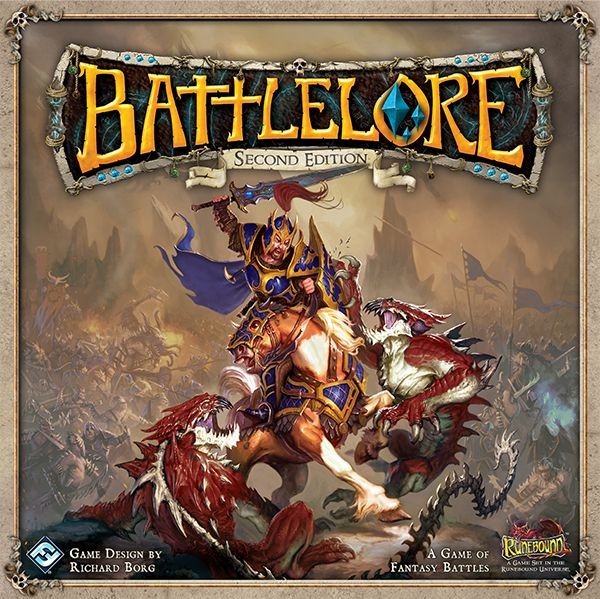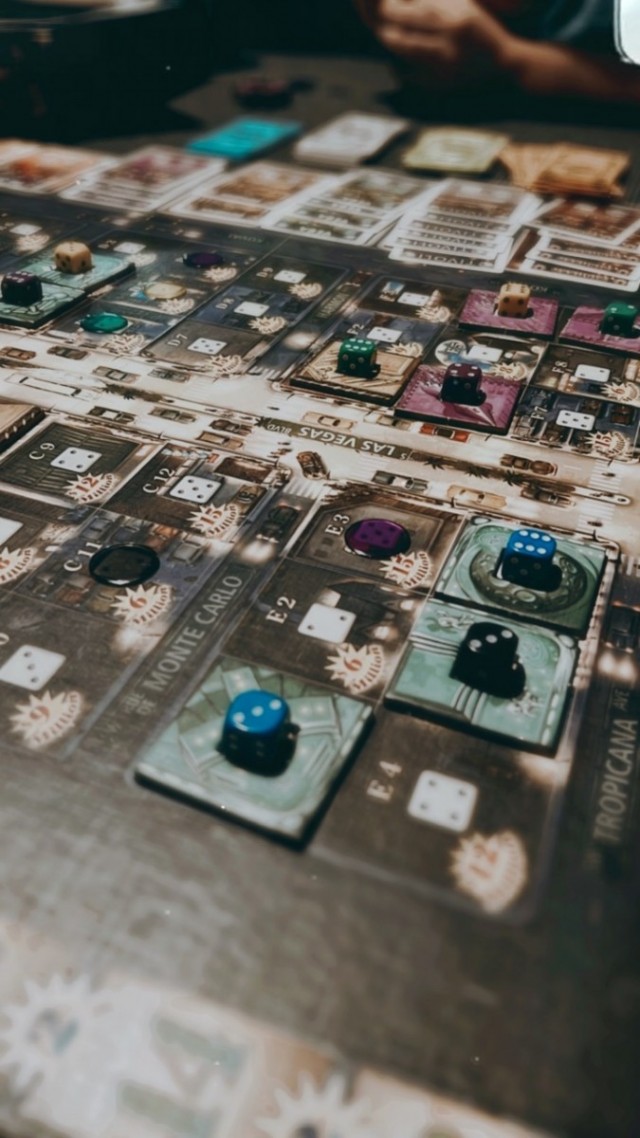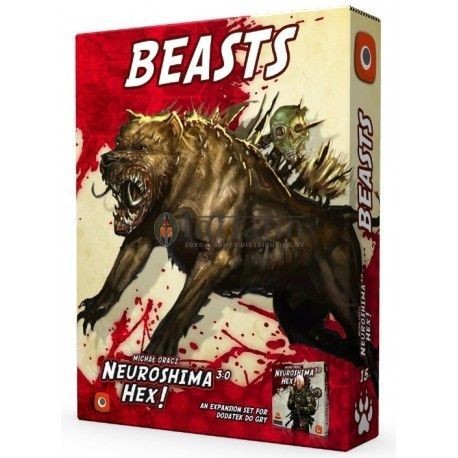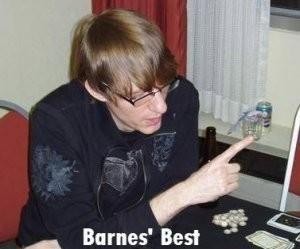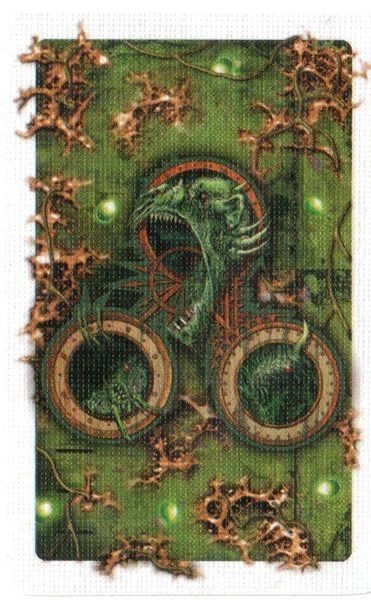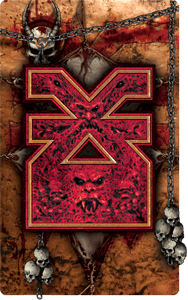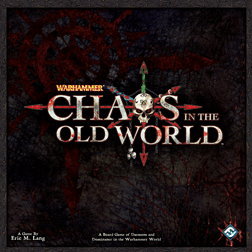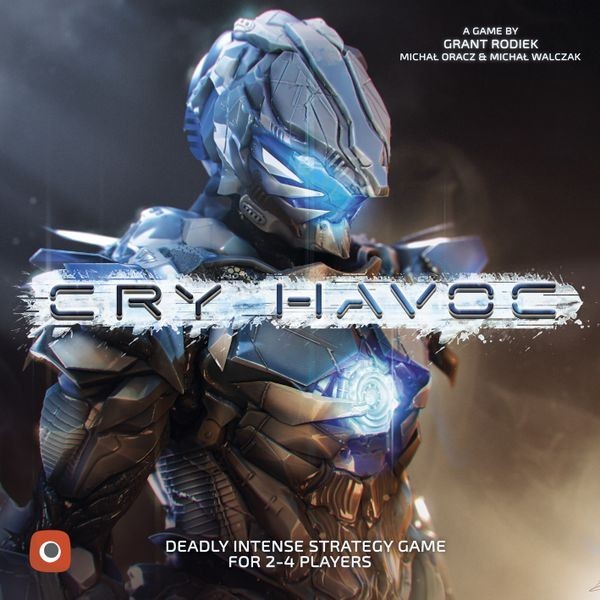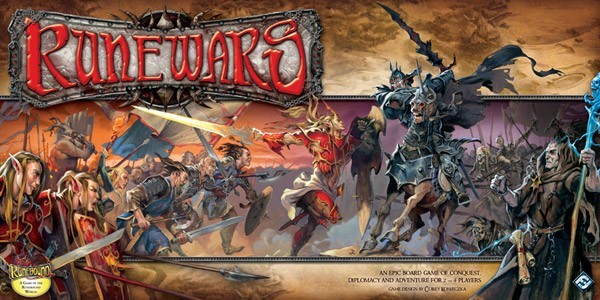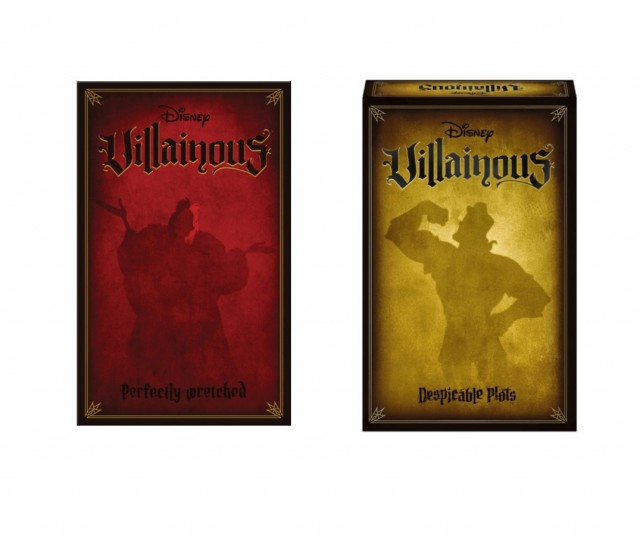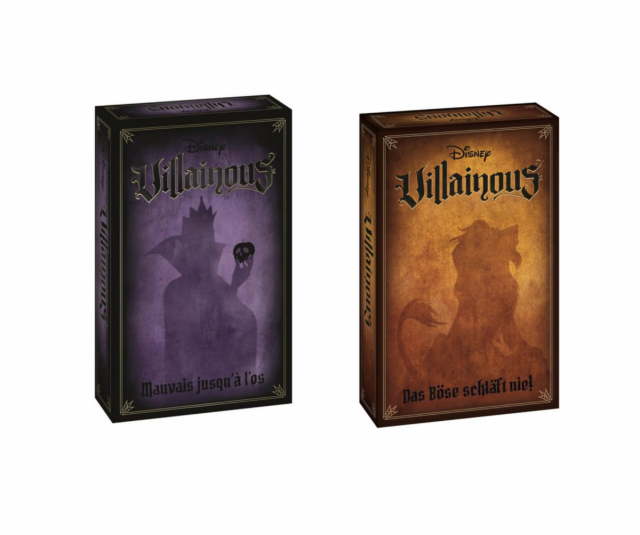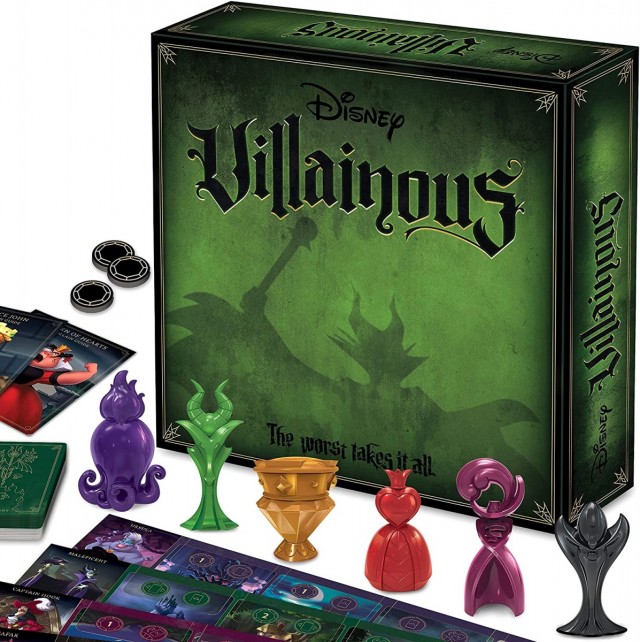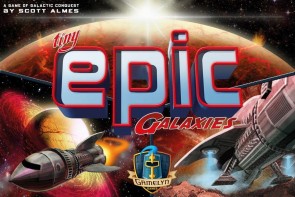Rolling the dice on the way to the stars.
Tiny Epic Galaxies is, by far, the biggest hit of the Tiny Epic series on BGG. It's an open question as to whether this is because of the fluid mechanics, the ability to convince people that there's something else to do in dice games when someone else is rolling, or because it seems like the easiest one to cart along on a long road trip. Maybe all of the above? Dunno. For that matter, it's an open question as to whether the popularity on BGG is indicative of anything among the larger gaming audience. I just know that when I first started looking into the TE games, Galaxies was the one that everyone talked about.
Now, it's kind of funny, given some of my recent work for TWBG, that the first three games I'd decide to look at in depth from Gamelyn were... castles and outer space. But, yeah, that's where we are. I don't think it's because Gamelyn has specifically targeted their themes toward those standards of the gaming industry, but there are certainly sales to be found there if you're able to adapt the mechanical frameworks that may already be sitting around waiting for a theme to be applied to them. It's also true that those themes are both familiar and popular in the gaming world. But in this case, I'm betting that the framework was an outgrowth of trying to solve the two-fold problem of dice games: 1. What to do while an opponent is having all the fun rolling the dice. 2. Dice.
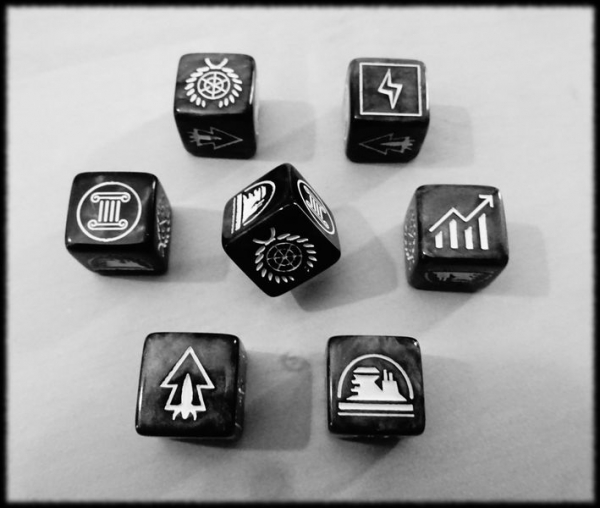
A lot of people will tell you they're "good at dice games" because they think they roll well. They're wrong. Dice are inherently random and rolling them "well" involves one thing and one thing only: luck. That's why many fans of more Euro-ish games generally use dice as the poster child for what they don't like; deriding them as lacking a "skill" element. However, as any long-time veteran (like me) of Games Workshop's universes will tell you, the key is to employ other elements of the game (positioning, timing, taking advantage of opponent errors, etc.) to mitigate poor results of the dice and enhance the good results as much as you can. TEG does this through the application of the two resources in the game: Energy and Culture.
Energy is the more straightforward of the two and is used to mitigate problem #2 above: You use it to gain re-rolls. That's why it's never a bad thing to have more Energy. Howevah, Culture is probably the more important of the two, since its method of mitigation is by allowing you to take advantage of the rolls of your opponents and follow what they do. Didn't get that Move result you wanted on your last roll? No problem. Wait for someone else to roll it and then pay 1 Culture to do it, anyway. In this respect, Culture also lets you solve problem #1 listed above, since you're actively interested in what your opponents are rolling, rather than just laughing at them because they didn't get that 4-of-a-kind in Yahtzee. Culture is the more efficient method of getting the result you want on the dice because Energy is just another chance to get a random result. But you can't overlook Energy, because you have to pay for upgrading your empire with all of one type of resource. If you're trying to stockpile your Culture to take "free" actions on others' turns, then you want to be able to spend the other resource on getting more dice, more ships, and more points, right?
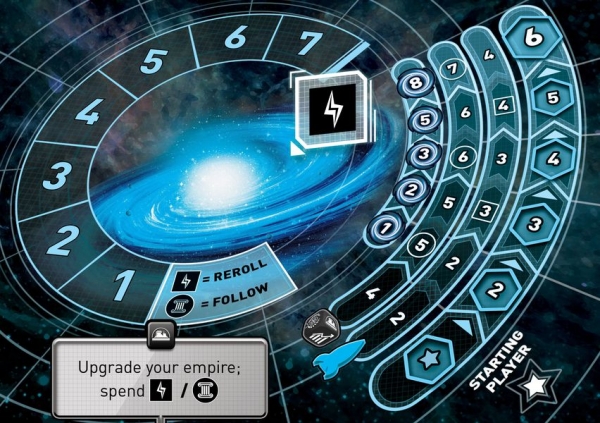
Another attractive point for Galaxies may be its very clean design. There's not a lot of chrome in the game (we'll, uh, get to Beyond the Black in a moment), so it has more of a Euro feel. The dice have six sides, two of which give you resources, two of which advance you on planet cards (the most prominent way of scoring), one of which moves you to those planets, and another which lets you upgrade or use a colony ability. That's it. Any tricks come in exploiting the abilities of those colonized planets and most of those are pretty straightforward, too.
One of the most common strategies is building up something of a Culture engine, such that you have a decent way of accumulating that resource and also compensating for its use when other players take their turns. This often involves planets like Birkomius (Gain 1 Culture for every time you're followed on this turn) and Omicron Fenzi (Convert any number of Energy to Culture.) Using the former on your turn loads you with Culture for opponents' turns, while using the latter means you can pay 1 to follow someone else's Energy gain action, pay another to follow their Upgrade action, and likely still come out ahead. That presumes, of course, that you have ships placed in areas that allow for Energy gain (like your home galaxy) which is, again, why Energy can't exactly be neglected when it comes to placing ships and/or taking actions. This is in addition to the fact that a number of Energy worlds have good abilities that you're hoping to colonize, so you'd want to be there, anyway.
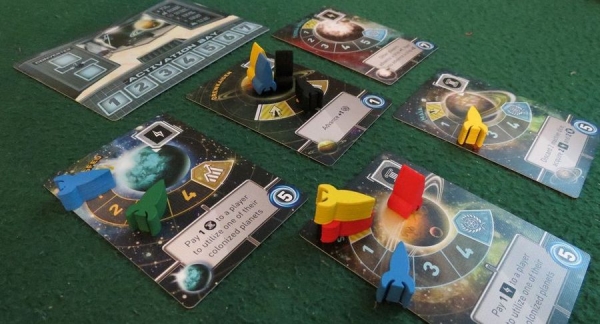
A couple other strategic choices about movement come when considering the length of orbital tracks around the planets that are available. Do you want to spend your precious actions (only 4 until you Upgrade) trying to beat someone else in a short race? Or do you have enough Culture to follow their Economy/Diplomacy actions to beat them before you get to their turn? Would it be easier to just land on the planet to take advantage of its ability right away while you work on a longer track and, typically, higher-scoring world? For that matter, how aggressively do you play? There are plenty of worlds that directly impact other players by regressing their ships and a couple that steal resources. Those are generally shorter track/lower point value planets, but gaining those (and then being the only one able to use them) are a good way to keep your opponents tied up on longer, bigger worlds while you pile up little guys to a winning total. Is it better to kneecap your opponents or just push forward with your own plans?
That overall strategic approach can also be colored by your Secret Mission. I say "can", rather than "will", because a game that depends on as much luck (both of dice rolls and card draws) as TEG can often make predetermined strategies fairly useless. In my experience, you need to adapt to what's on the table and not let an initial goal interfere too much in your progress. That said, the missions are often worth 3 points, which is 1/7th (~14%) of the total you need to win the game, so it's not foolish to pursue them. You just need to know when to cut bait and roll with what's happening in front of you. That plays into using the Upgrade action, as well. It's occasionally a tough choice to decide whether to use one of those precious dice to activate a colony ability rather than to simply obtain another ship or another die (and/or more points.) That's another aspect to getting a proper engine built, such that single actions will produce resources capable of powering multiple actions. Don't cripple yourself for a turn just to gain one more ship. Build steadily.
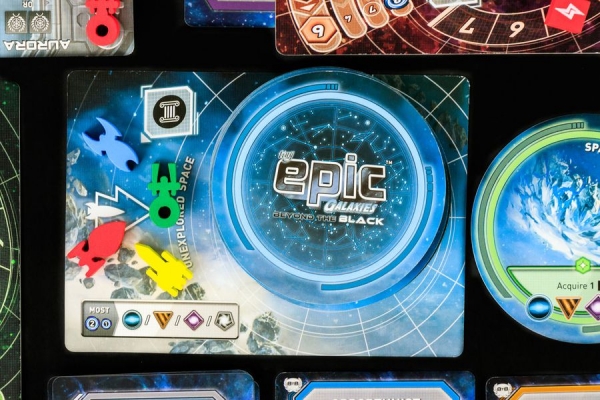
Beyond the Black
The TEG expansion is the only one in the TE series that I've always been kind of lukewarm on. In Kingdoms, Heroes' Call completes the game. In Defenders, The Dark War moves it past 'puzzle game' to an adventure story. Beyond the Black, OTOH, pretty much just adds gameplay chrome to what was already a finished game. Don't get me wrong. I'm a chrome fan. I'm always about new planets and new secret missions and things like that (Tossing in a score tracker so people don't have to announce their points every turn was a nice touch, too.) Also, the minis are great, evoking imagery from classic SF like Star Trek and Forbidden Planet and so forth.
But Galaxies is already such a lean and efficient design that it's questionable as to whether you want to take some of your precious actions and spend them on a pilot. Those pilots can be quite good, like Terraformer, who lets you land on a planet and take one of your colonies' actions instead of that planet's, and Peacekeeper, who prevents other players' ships from passing it on an orbital track. These are abilities that work well with the game and provide greater texture for experienced players. This is never a bad thing.
But then there's the Exploration part of the expansion which, again, distracts from the main thrust of the game in a different manner, by exploring Unknown Space, rather than competing on the available planets. You typically gain resources when exploring and often gain a point, even if you encounter one of the hazards like an asteroid field or a black hole and have to spend some actions working your way through them. Both pilots and Exploration cards also give you badges, which are another method of scoring at the end of the game, but almost all of it just seems like more weight added to a box that didn't really need it.
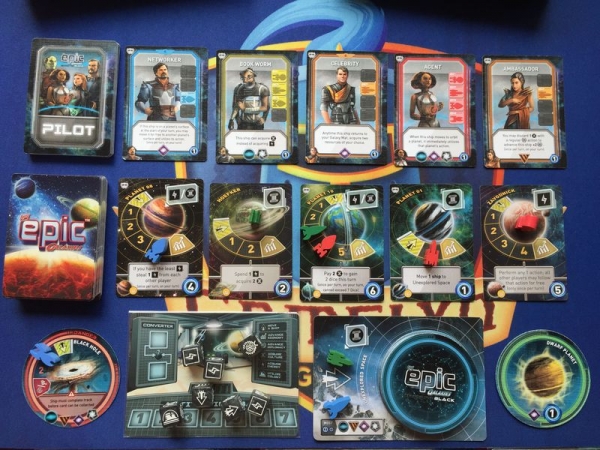
And that invites a question: Is TEG a "filler" game? Most dice games are, barring some monstrous (ahem) ventures into something like King of New York with max players and expansions. With Beyond the Black, TEG can easily become a "real" game that one engages in for an hour, rather than something squeezed in for 20 minutes before the rest of the group arrives. None of the rest of the TE series strikes me in that latter way because they, like TEG, pack so much game into the small box, but also because they typically tell a story. Kingdoms, Defenders, Mechs, Zombies, the rest; they all tell stories and you'll remember the game you played as the Pop Star in Zombies where you had to quarantine the infected and then got overwhelmed and... You get the picture. TEG is not quite those games because its design is so efficient. Adding on the chrome of Beyond is not an unwelcome addition, but will you remember the game you played as the Opportunist and won with 23 points? Or did it feel like you were just doing different stuff in another game of TEG? Again, I'm not arguing against it. I enjoy Beyond and the different approaches created by the pilots (and the cool minis!) But I've never felt quite as content adding this much chrome to a game as mechanical as Galaxies.
Tiny Epic Galaxies is among the best of the series from a mechanical perspective. The design is relatively seamless and, like all of the rest, the depth of game play is apparent after one game. The strategic and tactical choices are meaningful and, like any game that involves fistfuls of dice, learning how to hedge the odds in your favor by proper use of resources will be key to your success. It's also probably the lightest game of the TE series, which has serious upside for a lot of players and certainly contributes to its popularity, given the accessibility presented by that sleek design. I think its role as the gateway to the rest of Gamelyn's offerings make it an extremely worthwhile addition to the lineup. Next up, we'll be going back to the fantasy end but sticking to the abstract in our Quest for glory...
 Games
Games How to resolve AdBlock issue?
How to resolve AdBlock issue? 